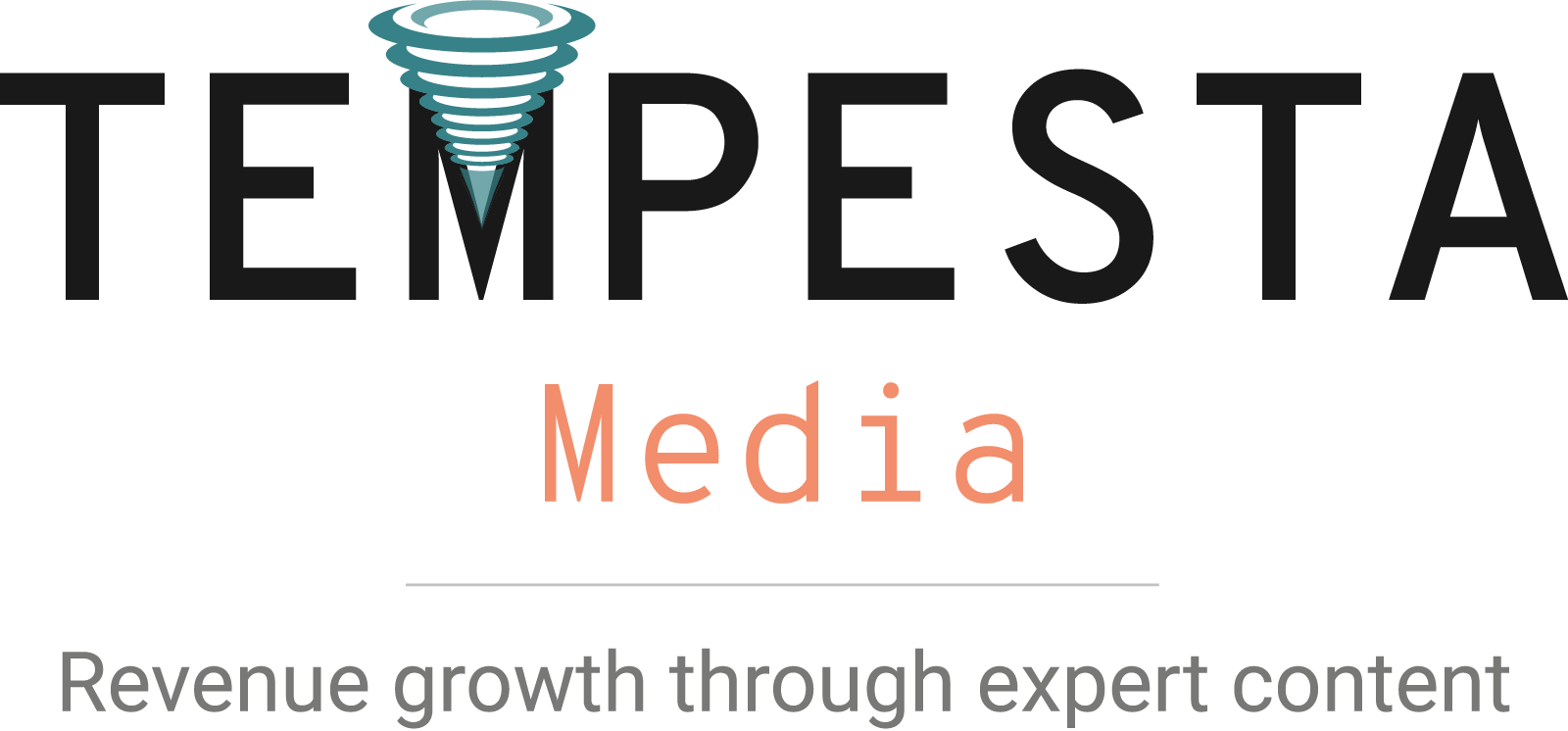Content marketing is about creating content fit for the right audience. Thus, B2C and B2B content marketing require different approaches.
At its core, the goal of content marketing is to inform, educate and entertain an audience. The B2B customer and the B2C customer have very different personas, buying processes and information needs. To accurately market to each of these categories, you have to understand them.
B2C and B2B content marketing personas
In B2C, you create personas to segment each audience. For example, you may have the suburban soccer mom or the active, travel-loving retiree.
B2B personas, on the other hand, are much less personal and diverse. You can define them by industry, product location and size. For instance, you can create content for chefs in the foodservice industry. Typically, a chef will want information on food quality, availability, versatility, accessibility, value and price. The motivations and interests of each group inform the content.
B2B and B2C purchasing processes and behaviors
B2B and B2C buying processes differ. Consumers have personal needs and desires and seek to satisfy those desires. In B2C, impulse shopping is common. Showing a mouth-watering burger may prompt a consumer to quickly order one.
On the other hand, businesses often have a well-thought-out, rational and team-based buying process that includes problem identification, product or service specification, a request for quotations, and vendor review.
Whether B2C or B2B content marketing, you create content for each and every stage of the buying process. Generating leads through LinkedIn messaging is one way content marketers can create awareness at the top of the purchasing process funnel.

Touchpoints and information needs
Businesses have different information needs to make sound decisions than consumers. In B2C, content creators focus more on attracting and retaining consumers through personalized, entertaining and engaging content. Consumers demand less information than businesses and more emotionally moving and memorable content.
B2C content marketing is less complex, targeted to larger audiences. Their decisions are based on personal needs and wants, and buying behavior is often impulsive. Marketers get a higher quantity of smaller individual sales in less time.
In B2B, content marketers have an opportunity to engage with the prospective business customer repeatedly, over a longer period of time. Businesses often want to know how long a vendor has been in business, how financially stable they are, who their clients are, the company’s reputation, awards, expertise, and even community service and overall character.
The goal for both buyer and seller is often a long-term business relationship. With this in mind, content is often dispensed and consumed in micro-steps and in a variety of forms like slide decks, white papers, case studies and emails, with the goal of nurturing a relationship.
B2B content marketing is more complex, has more touchpoints, targets smaller audiences and has a longer marketing timeline to conversion. Successful content marketing campaigns result in lucrative long-lasting relationships.
So, while business prospects have more information needs than consumers, both groups demand a variety of informative, engaging, inspiring and accessible multi-media content.
Need help?
If you have a content marketing program or are planning one, download our e-book 100 Mistakes Businesses Make When Starting, Optimizing and Scaling Content Marketing Programs.
This e-book will walk you through the mistakes of hundreds of other companies and the challenges they faced in implementing their content marketing programs. To learn more about how Tempesta Media can help you streamline your content creation process and deliver quality content at scale, contact us today.











